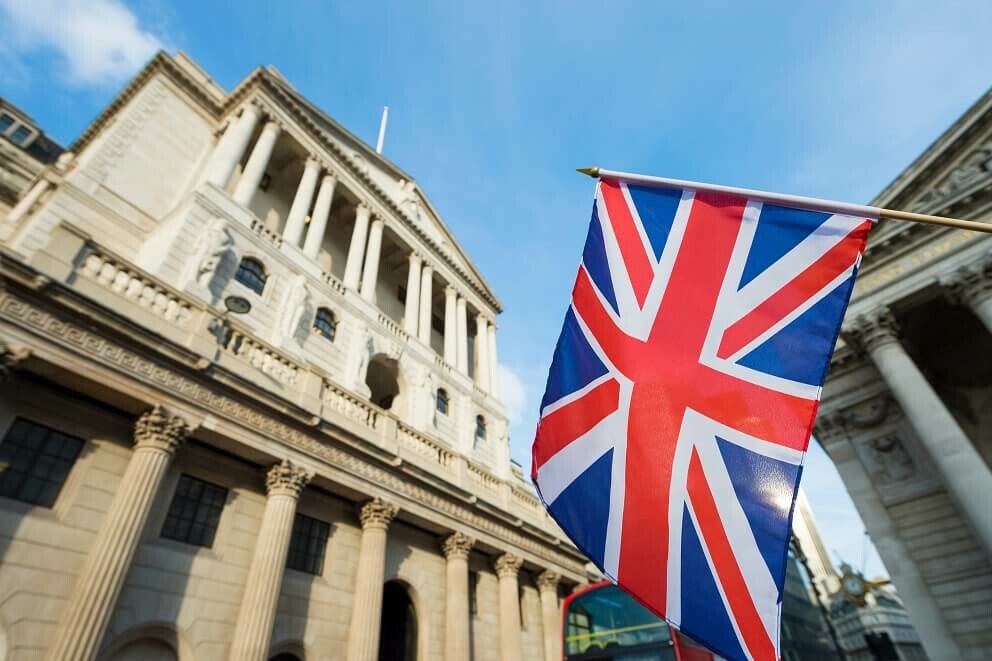The central Bank of England and the UK Government will today, reportedly, formally start a consultation for the ‘digital pound’.
A state-backed digital pound is in the plans for the country, and it may be launched “later this decade,” according to the PA Media Group, via Yahoo News. The Bank and the Treasury will create a road map to “potentially introduce a new central bank currency” (CBDC), it said, suggesting that this is still just a possibility.
The decision on whether the digital pound will indeed be issued will not be made for a while longer. Still, the process has begun.
The consultation will last for about four months, with the design phase to follow until 2025 at least. Only then will a final decision on this asset be made.
If they decide to go for it, the launch would require significant investment, and this would happen sometime in the second half of the decade, moving towards 2030.
Per the report, the two institutions agreed that the CBDC is “likely to be needed in the future,” given that there are continuous changes in how people use cash and cards. In addition to this, individuals and businesses alike are turning to stablecoins and cryptocurrencies as well.
Andrew Bailey, Governor of the Bank of England, was quoted as saying,
“As the world around us and the way we pay for things becomes more digitalised, the case for a digital pound in the future continues to grow. A digital pound would provide a new way to pay, help businesses, maintain trust in money and better protect financial stability. However, there are a number of implications which our technical work will need to carefully consider. This consultation and the further work the Bank will now do will be the foundation for what would be a profound decision for the country on the way we use money.”
That said, the Treasury once again emphasized that the potential CBDC would not be a cryptoasset. It would be issued and held by the Bank of England, while intermediaries, such as consumer banks, would be involved as well to facilitate spending.
Also, the bank is likely to restrict the amount of the currency an individual or business could hold.
‘Aye’ for digital pound
There seems to be plenty of support for the digital pound among the country’s officials. Prime Minister Rishi Sunak’s financial service minister Andrew Griffith warned back in October against delaying the CBDC issuance, arguing that it could cause problems for the country’s economy.
Furthermore, Chancellor Jeremy Hunt was quoted as saying,
“While cash is here to stay, a digital pound issued and backed by the Bank of England could be a new way to pay that’s trusted, accessible and easy to use. That’s why we want to investigate what is possible first, whilst always making sure we protect financial stability.”
Deputy Governor of the Bank of England for Financial Stability Jon Cunliffe has also spoken in support of issuing a CBDC. Last year, in a report prepared for the G20, he said that “CBDCs offer the opportunity to start with a ‘clean slate’,” adding that they open up an opportunity to “avoid many of the challenges in today’s legacy technologies and processes” related to cross-border payments.
The Bank of England said it would do more research on the CBDC, as well as development work, inviting the public to take part in the consultation process.
Back in October 2021, the Digital Pound Foundation was launched as an independent forum to support the implementation of a well-designed digital pound and digital money ecosystem. The foundation intended to work towards establishing an ecosystem that encompasses both CBDCs and privately-issued forms of digital money, it said. Projects such as Avalanche, Quant, and Ripple were among the originating members of the group.
Meanwhile, earlier this month, the Treasury was reportedly set to deliver “ambitious plans to robustly regulate cryptoasset activities” on a par with traditional finance but said it would also temporarily step away from the plan to apply stock-like standards to crypto promotions.
Also, as reported last month, the UK’s National Crime Agency started recruiting a group of law enforcement officers to investigate crypto crimes. “The NCCU Crypto Cell will be dedicated to a proactive cryptocurrency remit with the right tools and capabilities to target UK-based subjects along with supporting colleagues with specialist advice and guidance,” said a job advert posted on the government’s website.






